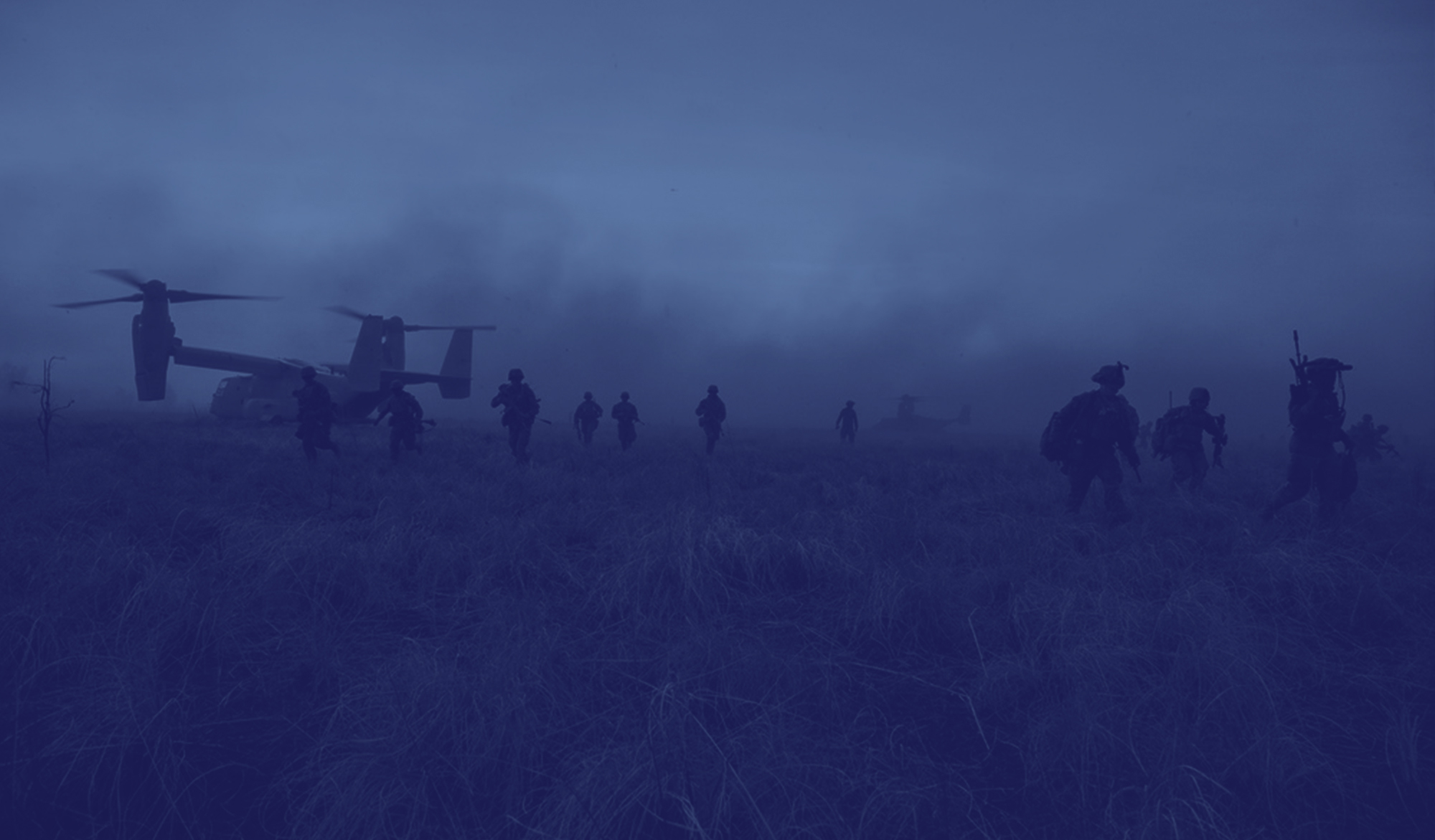Posted: 4:48 PM Jan 25, 2010
Last Updated: 4:48 PM Jan 25, 2010
Reporter: Ricki Barker, staff writer
Email Address: ricki.barker@albanyherald.comNY — Barbara Harris, 90, says that despite the devastation of war, she cites her time as a Marine as the best experience of her life.
“I was so proud of being a female Marine,” she said. “Back then, we were so patriotic and we were honored to be serving our country.”
Harris said that while life as a female Marine in the ‘40s was filled with excitement and patriotism, it was also filled with sadness.
“There were plenty of sad times,” she said. “We knew we were relieving men so they could go to war.” Harris said that many other female Marines she worked with had brothers that were fighting in Europe and the Pacific during World War II.
She recounted how she felt when she and other women Marines went to visit a friend one weekend. “While we were there (at her home) she found out that her brother had been killed in action,” Harris said. “It was a very difficult time. It was scary because so many lives were being lost.”
Harris said that it was extremely difficult to know that many of the men you had met or worked beside might never return home from war. “So many of them were ones you probably danced with several weeks before,” she said. “We thought each one was a hero.”
Harris said that many females in the military during the ‘40s felt the desire to serve as the backbone of the country during that time. “We were the homeland security,” she said. “We kept up with all the battles.”
Harris, who is originally from New England, said that after high school she began working as a telephone operator for Pacific Telephone and Telegraph Company in Springfield, Mass., which would later be known as Pacific Bell and then AT&T. “Then my mother was in bad health and the doctors said we had to take her to a warmer climate,” she said.
Harris then moved with her family to California where she was hired by the Associated Telephone Company, which would eventually become Verizon. “It was a dream job,” she said of the work.
Harris said that she first became interested in joining the military when many of her friends encouraged her to do so. “I told them that I wouldn’t enlist until the Marines started accepting women,” she said. “Then in February 1913 they did.” Harris, true to her word, said she enlisted in the United States Marine Corps in September 1943.
“We boarded a train from San Francisco and had a three- to four-day journey to boot camp,” she said. “The whole time we sang songs and talked. We were really excited.” Harris said that when the train stopped in North Carolina the women were immediately put to work. “A tough little female Marine sergeant greeted us,” she laughed. “We spent a lot of time scrubbing after that.”
Harris said that she chose to enlist in the Marine Corps simply because “they’re the best.”
“There is no other branch that compares,” she said.
Harris said that she excelled in the military leaving boot camp as a private first class and becoming a telephone operator in Washington. She eventually attended Officer Candidate School (OCS) to be trained as an officer. “The Marines sent me to OCS because of my business experience with the telephone companies,” she said.
Harris said that being a woman officer during World War II amongst a primarily male-dominated atmosphere was at times tough. “As an officer, I had to give the the battalion review every morning,” she said. “I was nervous at first at having to give orders.” Harris said that while other military branches had nicknames for women in the service, the Marine Corps did not. “We were just Marines,” she said.
Harris said that at one point the Marine Corps was going to put Harris in charge of teaching other Marines how to set up communications, but was reassigned when the Marine Corps found out that she would be the only woman amongst 1,500 men. “They had no facilities for a woman,” she said. “So then they sent me to the post exchange, where there wasn’t any facilities for women either.”
However, Harris said that while working as the store room supervisor for the post exchange she met her late husband, C.B. Harris of Albany. Harris said that her future husband was also a Marine who was involved in the Guadalcanal Campaign, which was the first major offensive launched by the Allied forces against the empire of Japan between 1942 and 1943. “He was so mean to me,” she laughed. “He didn’t like to take orders from a woman.”
Harris said that her husband eventually softened and won her over and they were married three days before the war ended in April 1945 at a ceremony in Maryland. She said that after they were married the newlyweds moved to Albany where she has resided ever since.
Harris said that for seven years she and her husband were active in the Marine Corps League of Albany before the Marine Corps Logistics Base-Albany was built. “They were all men but me,” she laughed. “I served as the secretary treasurer.”
Harris said that she and her husband were called back to service during the Korean War where served as a major. She retired from the Marine Corps in 1950 and her husband was discharged in 1952. Harris said that now her time is filled with her family. She has four children and 12 grandchildren. Harris said she keeps active by working as a volunteer at the Lord’s Pantry and bowling.
“It was an awful war,” she said of World War II. “But we were so proud to be serving, it was the best experience of my life.”
via AlbanyHerald.com
